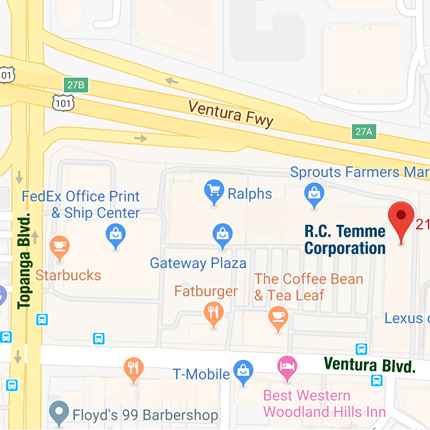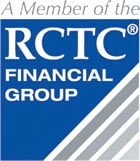Blog Template
The alternative would be that the property reverts to you and the other beneficiaries on the deed of trust; you then become an owner of the property along with the other beneficiaries, if any.
The next steps are the exit strategies that you need to consider when evaluating the investment’s potential. The questions to ask will vary depending on multiple items within the structure of the investment package such as: the property type, location, condition of property, lot size, etc.
However, the majority of the properties will go through these steps to prepare the property for sale even though there may be deviations along the way.
- First Step: If the property is occupied, you will need to review what to do with the occupants (see rental options below). The eviction process could be lengthy and costly depending on the location of the property and if the occupants contest the eviction. Many owners are offering a “Cash for Keys deal” to the occupants. The amount would be approximately equal to the cost of legal fees of the eviction. This approach avoids the rigmarole of the eviction process and usually protects the condition of the property.
- Second Step: Assess the repairs and cleaning that the property needs and a method for completing them in a timely and efficient manner. You may want to give a credit to the buyers at the time of resale.
- Third Step: Set a listing price and list the property for sale. This is often a difficult task, especially when you might be facing a loss due to falling property values. If the market is still declining, you want to set the price low enough that you are not chasing the market downward. Chasing the market downward occurs when the real estate market is declining; especially, in the beginning of the downward cycle when there isn’t much evidence to support the asking price at the time of listing.
Not all properties are sold immediately as they may be held for investment with the intention of a long-term capital gain. Rental properties are a good example of this. You can usually hire a property manager to collect the rents and maintain the property.
Normally, R.C. Temme Corporation does not suggest holding single family homes as a rental; however, many investors when they believe we are about to see the market rebound are enthusiastically renting single family homes as an investment.
At R.C. Temme, we look at the possible exit strategies of the loan to assess the investment potential prior to its creation and continue to review them throughout the default process.
Once a foreclosure has been completed and the property has reverted to the beneficiaries, R.C. Temme Corporation refers the property to our affiliated property management company, Herald Property Management, Inc., to assist the investors in selling the property and evaluating all the exit strategies for the property.
Please contact us:Tel: (818) 999-2274 or (800) 827-5626 Fax: (818) 703-0126
Email: info@216.146.208.95
— Written by Breanna Dahlstrom — Aug 07, 2012










